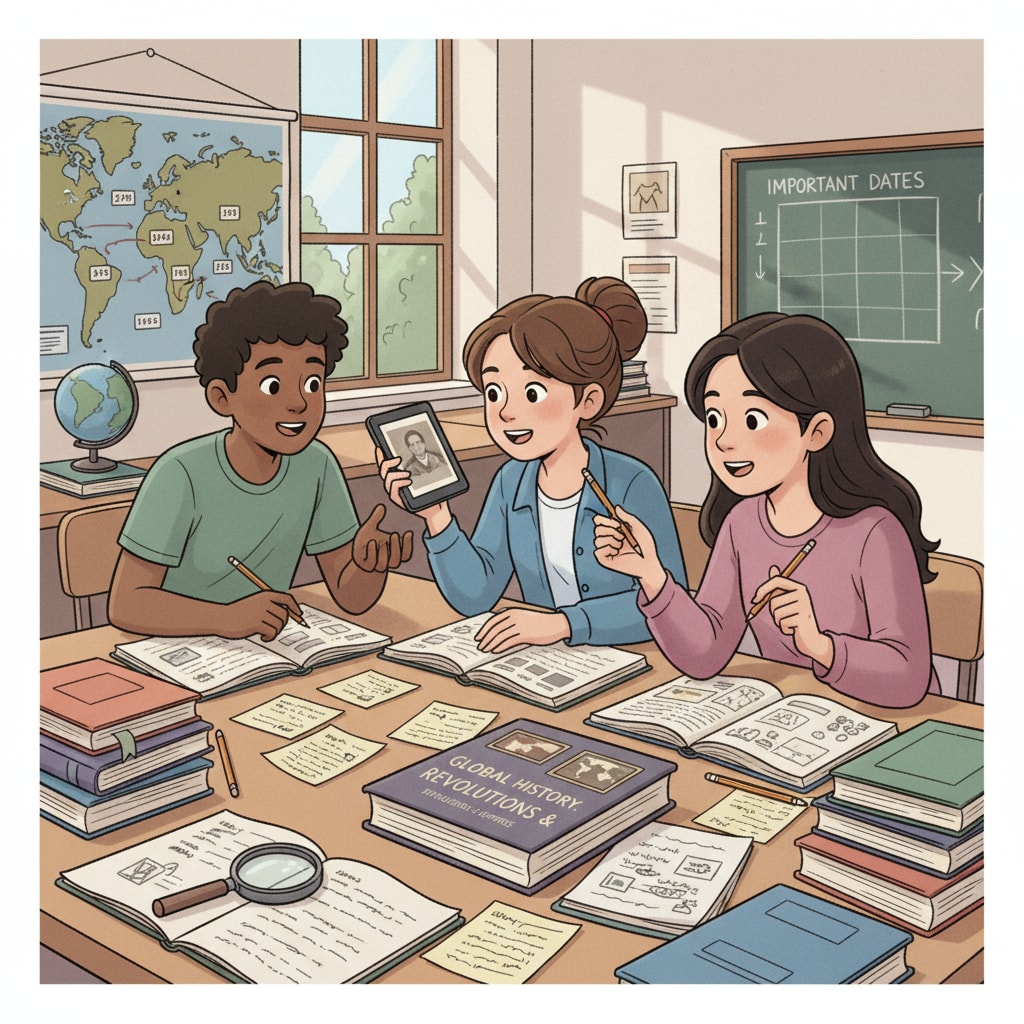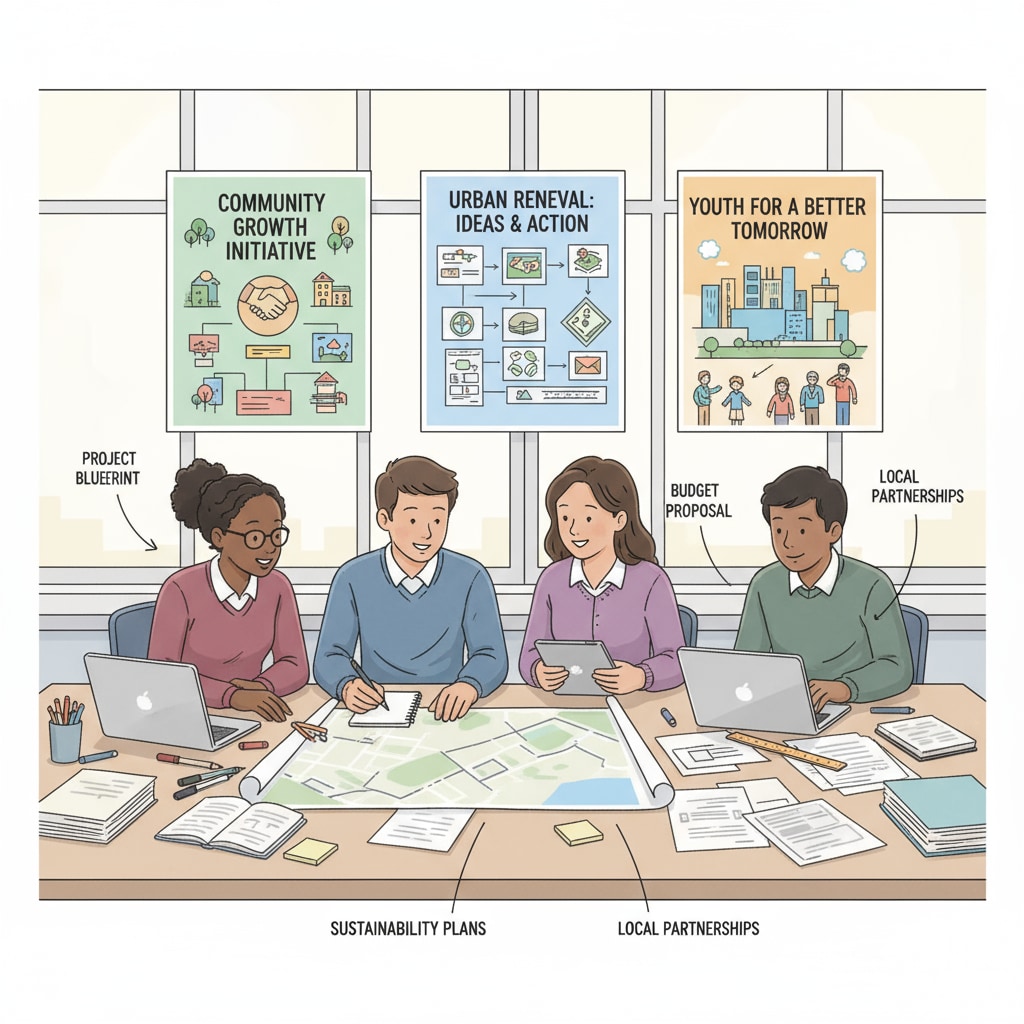In the realm of modern K12 education, the delicate equilibrium between educational standards, historical knowledge, and civic literacy has become a topic of great concern. The current educational system often faces an imbalance, where many students are proficient in modern skills but lack a solid foundation in historical and civic knowledge. This issue not only affects students’ comprehensive development but also has implications for the future of society.

The Current Imbalance in K12 Education
Today’s K12 education system is under pressure to prepare students for the fast-paced, technology-driven world. As a result, there is an overemphasis on skills such as digital literacy, coding, and critical thinking in a technological context. While these skills are undoubtedly important, the neglect of historical knowledge and civic literacy has led to a generation of students who may be technically proficient but lack a sense of identity and responsibility. For example, many students struggle to understand the historical events that have shaped their countries and the values that underpin their societies. According to Britannica’s education resources, a solid understanding of history is crucial for developing a sense of citizenship.

The Importance of Historical Knowledge
Historical knowledge serves as the foundation for a well-rounded education. It helps students understand the present by providing insights into the past. By studying history, students can learn about the struggles, achievements, and mistakes of previous generations. This knowledge not only enriches their understanding of the world but also helps them develop empathy and critical thinking skills. Moreover, historical knowledge is essential for understanding cultural diversity and the roots of different social and political systems. As stated on Wikipedia’s page on history education, history education plays a vital role in shaping students’ perspectives.
In addition, historical knowledge is closely linked to civic literacy. Understanding the history of a nation helps students appreciate the values and principles upon which their country is built. It instills a sense of patriotism and a commitment to upholding the ideals of democracy and justice.
Civic Literacy: The Key to Active Citizenship
Civic literacy is another crucial aspect of education that is often overlooked. It encompasses the knowledge, skills, and attitudes necessary for active participation in democratic society. A civically literate student is aware of their rights and responsibilities, can engage in informed discussions, and is capable of making a positive impact on their community. Civic literacy includes understanding government structures, the legal system, and social issues. For instance, students who are well-versed in civic literacy are more likely to participate in community service projects and advocate for causes they believe in.
Developing civic literacy also helps students become responsible global citizens. In an increasingly interconnected world, understanding different cultures and global issues is essential. By learning about civic literacy, students can contribute to building a more just and peaceful world.
To achieve a balance in K12 education, educators need to reevaluate their curricula. They should incorporate more historical and civic education into the existing framework. This could involve integrating historical events into other subjects, such as science and literature, to make the learning more engaging. Additionally, schools can organize more extracurricular activities related to civic engagement, such as mock elections and community service projects.
Readability guidance: This article has used short paragraphs to present ideas clearly. Each H2 section has a list or a clear set of points. The passive语态 has been minimized, and transition words like ‘for example’, ‘in addition’ have been used to enhance flow.


